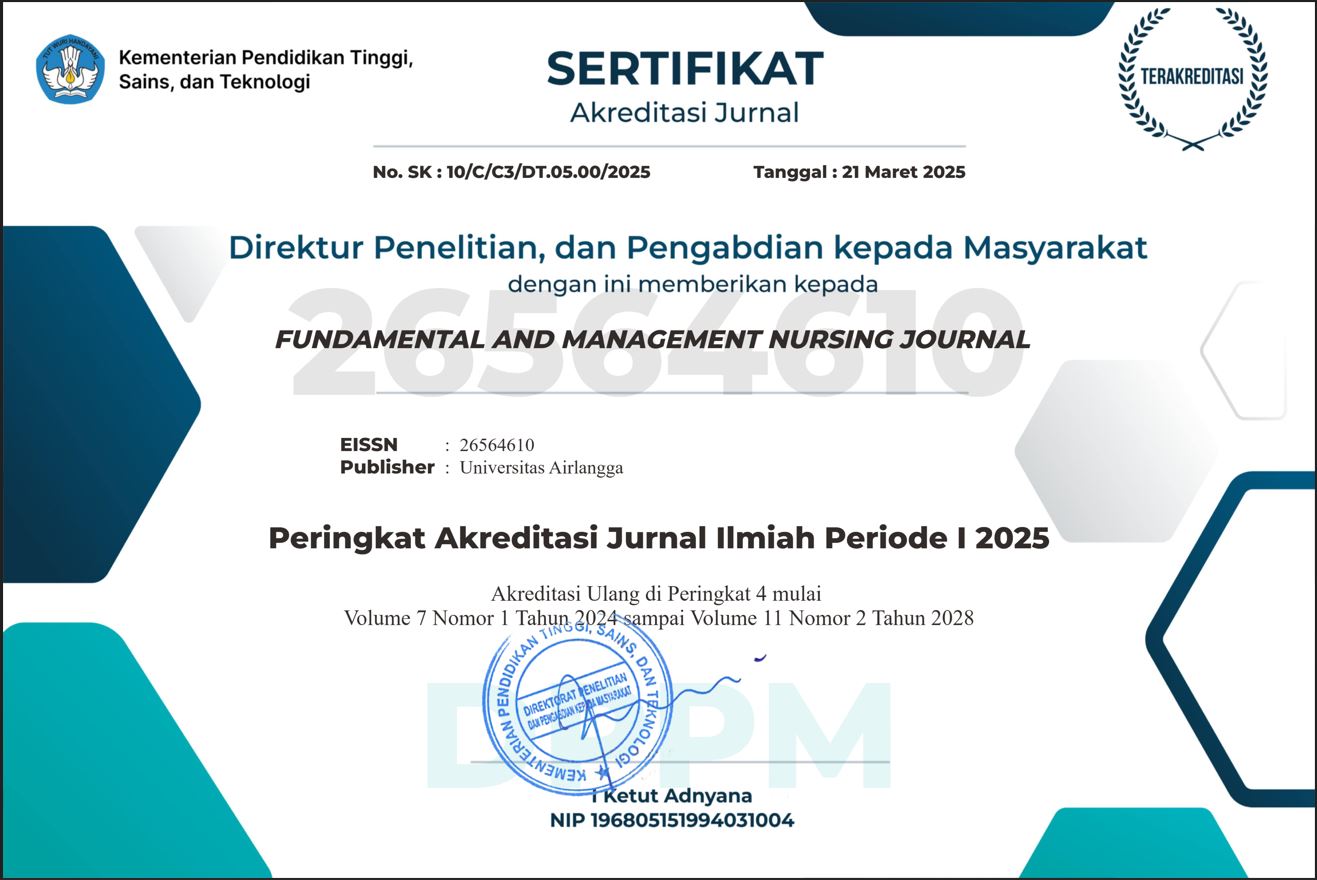Nurses’ Knowledge, Attitude, and Practice of Implementing Heart Failure Management Guidelines
Downloads
Introduction: Heart failure presents a global concern with significant morbidity and mortality rates. In Nigeria, Heart failure has become prevalent, with patients exhibiting inadequate self-care due to nurses' limited knowledge of management guidelines, lack of motivation to utilize clinical practice guidelines, and difficulties implementing management guidelines that incorporate patient education. The study analyzed the nurses' level of knowledge, degree of attitude, and extent of practicing education on heart failure management guidelines. Also, the relationship between nurses' knowledge and practice in implementing heart failure management guidelines.
Methods: This quantitative study employed a descriptive-correlational survey design. Purposive sampling was employed to select two government-owned hospitals in northeast Nigeria. A stratified random sampling technique was utilized to recruit two hundred twenty (220) nurse respondents. A self-made survey questionnaire was utilized to gain more extensive information from respondents. Data were analyzed using descriptive statistics and Spearman's correlation.
Results: The results showed nurses' insufficient knowledge (Mean 14.5 ± 2.91) of heart failure management guidelines, favorable attitude (mean 4.37 ± 0.43), and high extent of practice (mean 4.16 ± 0.66). Furthermore, a very weak, no significant negative correlation was discovered between knowledge and practice of Heart Failure management guidelines.
Conclusions: Nurses showed positive attitudes toward heart failure patient care, yet inconsistently engaged in patient education despite recognizing its benefits. The absence of a relationship between nurses' knowledge and practice of patient education underscores the need to address factors impeding patient education.
Copyright (c) 2024 Racheal C. Jideofor, Jefferson S. Galanza

This work is licensed under a Creative Commons Attribution 4.0 International License.
1. The journal allows the author to hold the copyright of the article without restrictions.
2. The journal allows the author(s) to retain publishing rights without restrictions.
3. The legal formal aspect of journal publication accessibility refers to Creative Commons Attribution (CC BY).
















